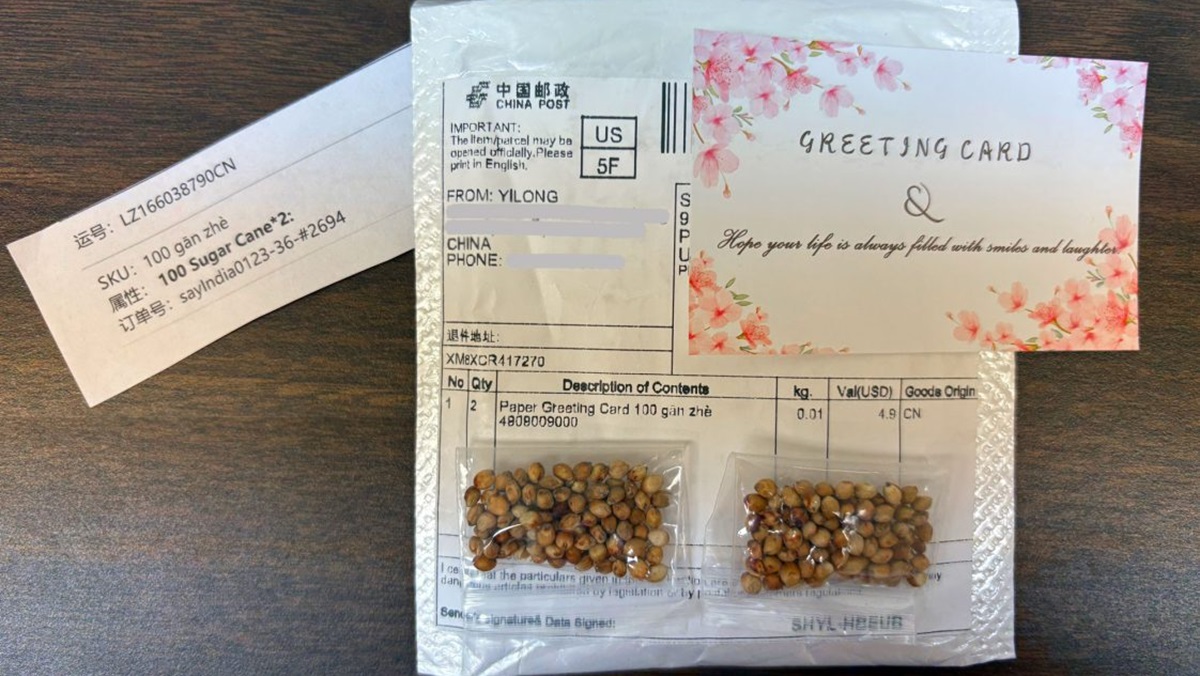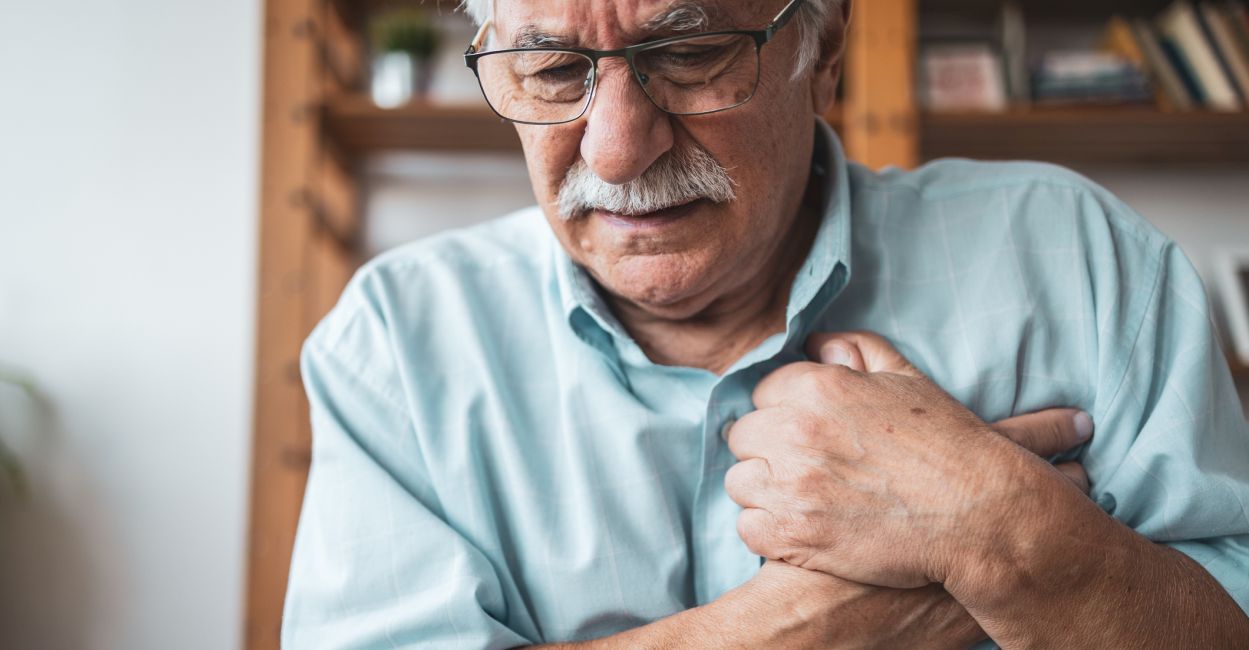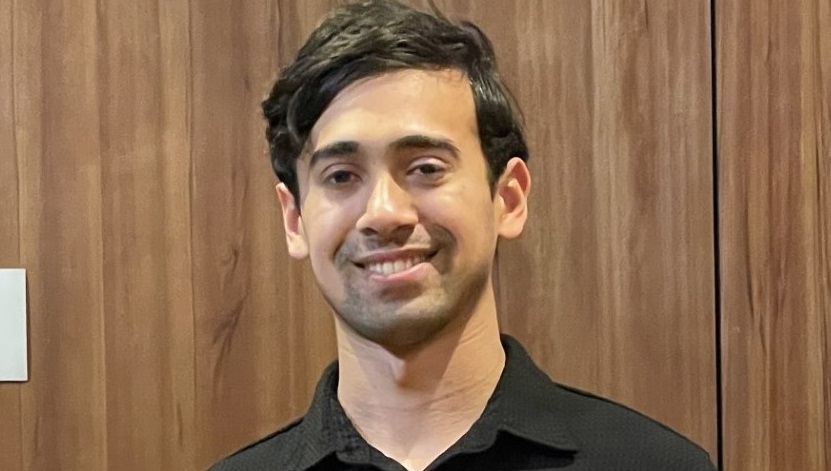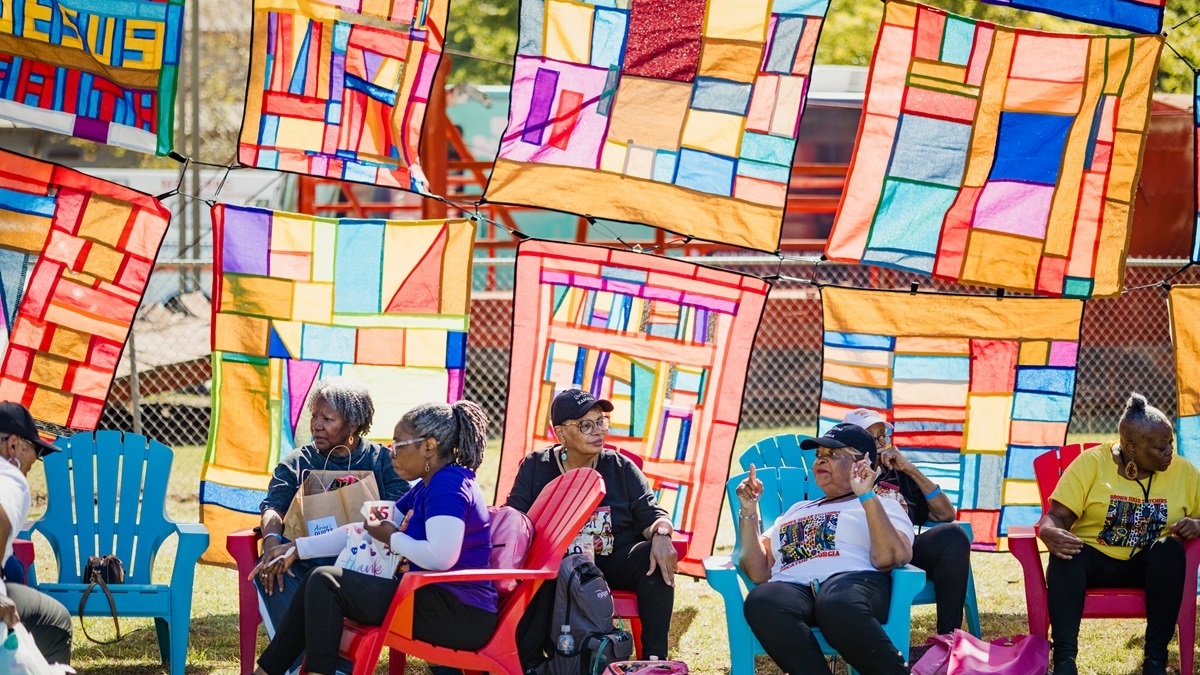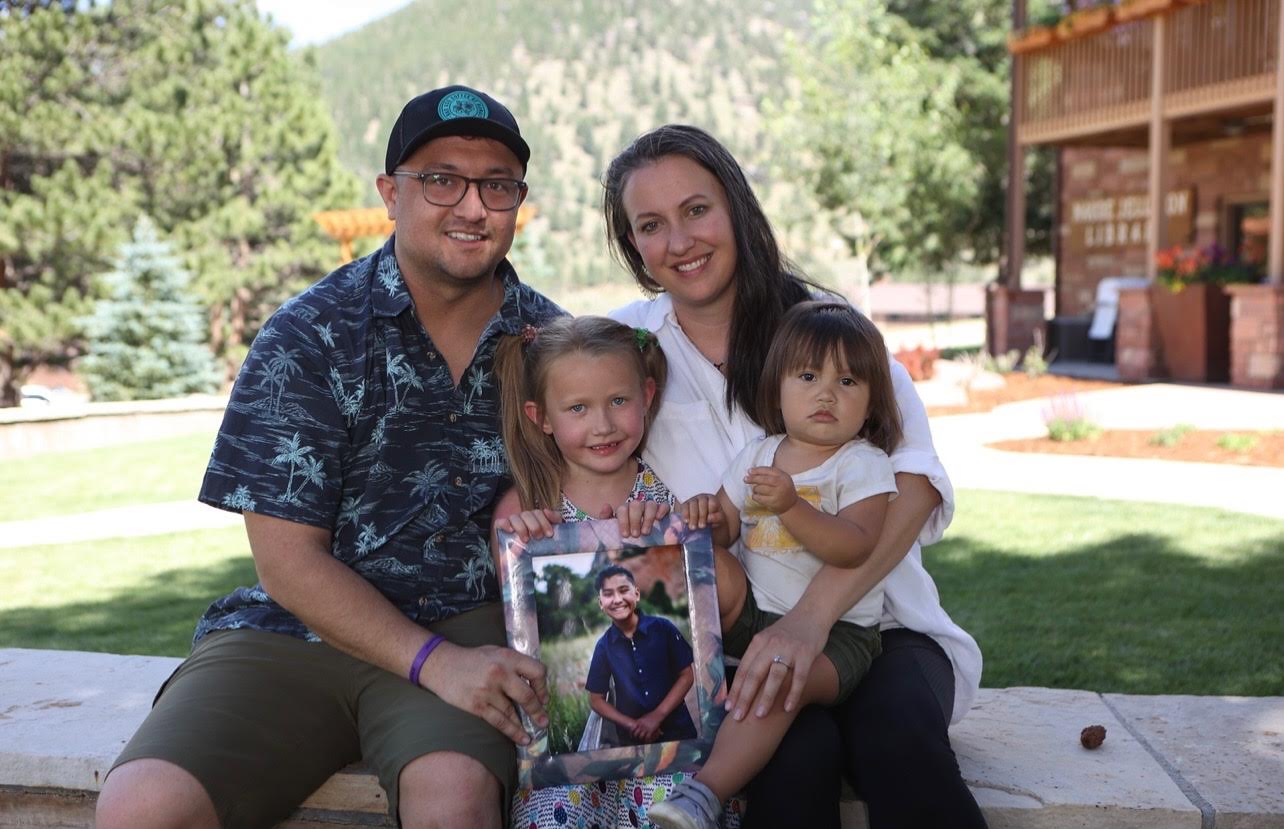The University of Alabama’s special collection of cookbooks helps crack ‘The Jemima Code’
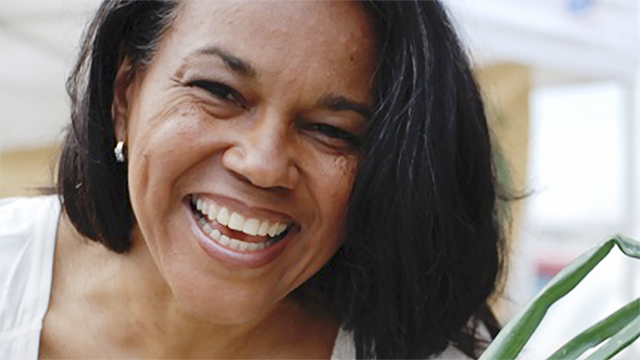
The Jemima Code author, Toni Tipton-Martin (contributed)
If you imagine the book known as “The Jemima Code” as a culture-rich feast of images and stories about the unsung contributions of black cooks, think of the cookbook collection at University of Alabama as an important ingredient.
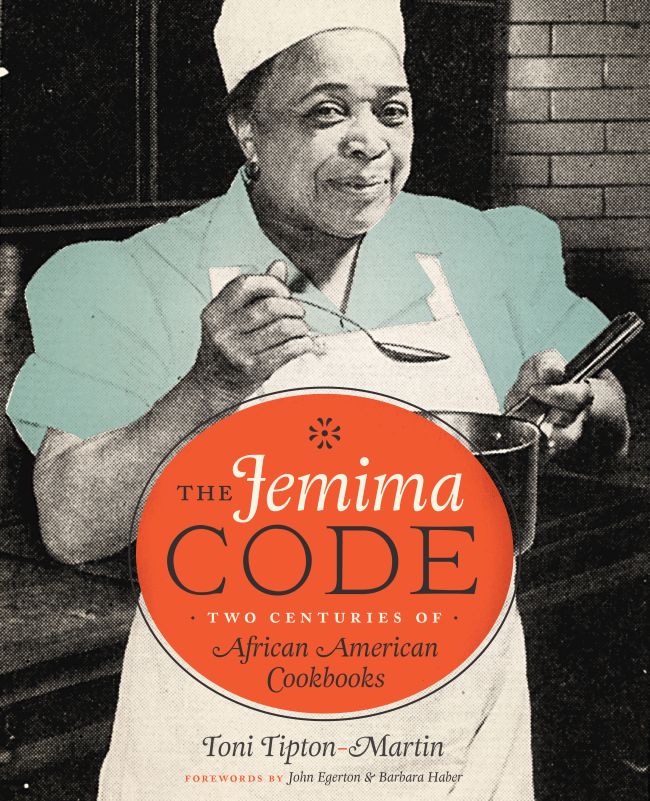
The Jemima Code (contributed)
Toni Tipton-Martin’s award-winning book, “The Jemima Code: Two Centuries of African American Cookbooks,” transforms the image of the black kitchen servant into an inspiring source of culinary wisdom and cultural authority.
The book presents years of work and more than 150 black cookbooks from Tipton-Martin’s own collection, ranging from a rare 1827 house servant’s manual to modern classics by Edna Lewis and Vertamae Grosvenor.
Through her research, Tipton-Martin tells the more nuanced story behind the stereotype, a story of the many women of African descent who have contributed to America’s food culture for centuries, but whose rich and varied involvement is still overshadowed by the demeaning stereotype of an illiterate “Aunt Jemima” who cooked mostly by natural instinct.
If the Aunt Jemima stereotype seems far removed from modern life, let Tipton-Martin tell you the revulsion some blacks express when they see the woman wearing her kerchief, her apron and her smile on the cover of Tipton-Martin’s book.
And listen as she talks about resistance by some whites to the very suggestion that their grandmother’s beloved recipe for corn dodgers was really a recipe from a black cook.
“She doesn’t say it came from Africa,” Tipton-Martin said of the black cook. “The name changes to hoe cakes, to dodgers to johnny cakes. And so nobody was conscious of those African aspects of what those women were doing. We need our food to be recognized for its African ancestry.”
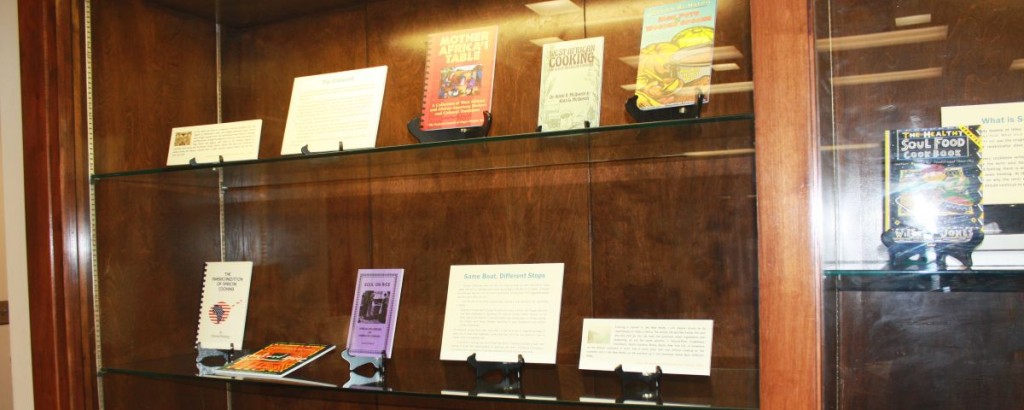
Lupton Exhibit (contributed)
As a culinary journalist, author and a founding member of the Southern Foodways Alliance, Tipton-Martin began to uncover the true role of black women in the creation of American, especially Southern, cuisine. It took two years of scouring online booksellers and antiquarian bookstores to amass one of the world’s largest private collections of cookbooks published by African-American authors.
Her book, published last year by the University of Texas Press, has won praise, awards and is a finalist for a James Beard Award — considered the Oscars in the food world. The winner in the Reference and Scholarship category will be announced April 26.
She is finishing work on her next book, whose working title is “Jubilee! Beyond Soul Food, Celebrating the Joy of African American Cooking.”
“Its 500 recipes are going to challenge thinking about black cooking, intellectual property and appropriation,” Tipton-Martin wrote Tuesday in a Facebook post.
At first, she sought these cookbooks because she wanted to see them. Later, she became “an accidental collector,” interested in whatever that collection of voices would reveal, she said.
In addition to other resources, she used the online Lupton list of more than 450 books in the David Walker Lupton African American Cookbook Collection, housed at the Tuscaloosa campus, as a guide.
“It was my shopping list,” Tipton-Martin said. When she acquired a book, she “just crossed them off one at a time.” For about two years, she would search the Black Americana section of eBay and bid. “As they would appear if I couldn’t afford them I would take notes, wait and try it again. I lost a few of them that way. (The Lupton Collection) list is a very essential part of the book. It formed the structure of the whole book.”
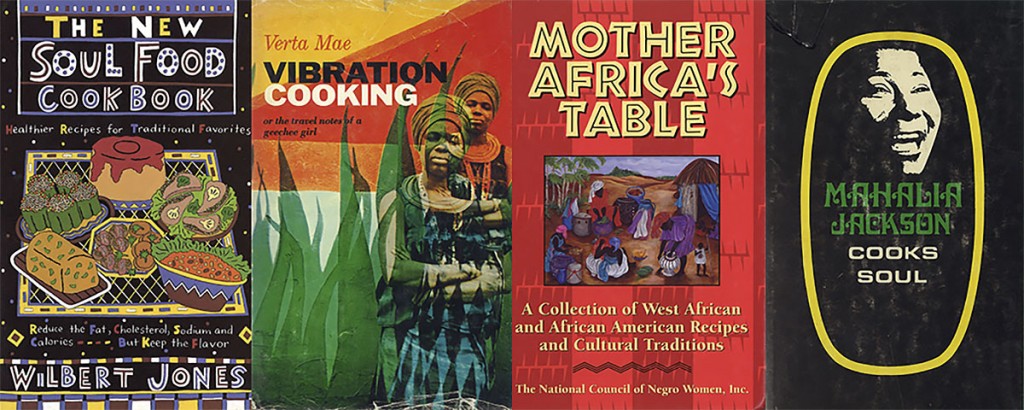 The Lupton collection, housed just east of The New College, was acquired by the university in 2004.
The Lupton collection, housed just east of The New College, was acquired by the university in 2004.
Lupton, who collected and published in several areas, put this collection together through intensive effort over 10 years. When he and his wife, Dorothy R. Lupton, began searching for a permanent home for the collection, they chose Alabama because of its geography and because he was a distant cousin of former UA president Nathaniel Thomas Lupton.
Because of interlibrary loan services, the Internet and her own travel schedule, Tipton-Martin never needed to visit the collection. She splits her time between Austin and Denver and travels regularly, so what she couldn’t borrow as a guest of the University of Texas libraries she saw when she visited the Library of Congress, the Radcliffe Institute for Advanced Study at Harvard University and the University of Michigan.
“Once the Internet provided me access, I started buying them,” she said. “It became an obsession with me.” The money she would have spent going back and forth visiting Tuscaloosa she channeled into creating her own 300-book collection.
At more than 450 books, the Lupton collection is a bit larger than Tipton-Martin’s. While some the works in the Lupton Collection are copies, Tipton-Martin has acquired originals.
Visit the Lupton Collection Exhibition, “African-American Foodways: At the Heart of Southern Cooking,” through April 11.
Copies of 30 cookbook covers from the Lupton collection will be on display at W.S. Hoole Special Collections Library at the University of Alabama Libraries, Mary Harmon Bryant Hall, second floor, 500 Hackberry Lane in Tuscaloosa. The public can request access to originals at the reference desk and view them in the reading room.
Lupton Collection Exhibition
- Lupton collection hours: 9 a.m.-5 p.m. Mondays, Wednesdays and Fridays; 9 a.m.-8 p.m. Tuesdays and Thursdays.
- Visit online for more information
- Call Phone: (205) 348-0500


